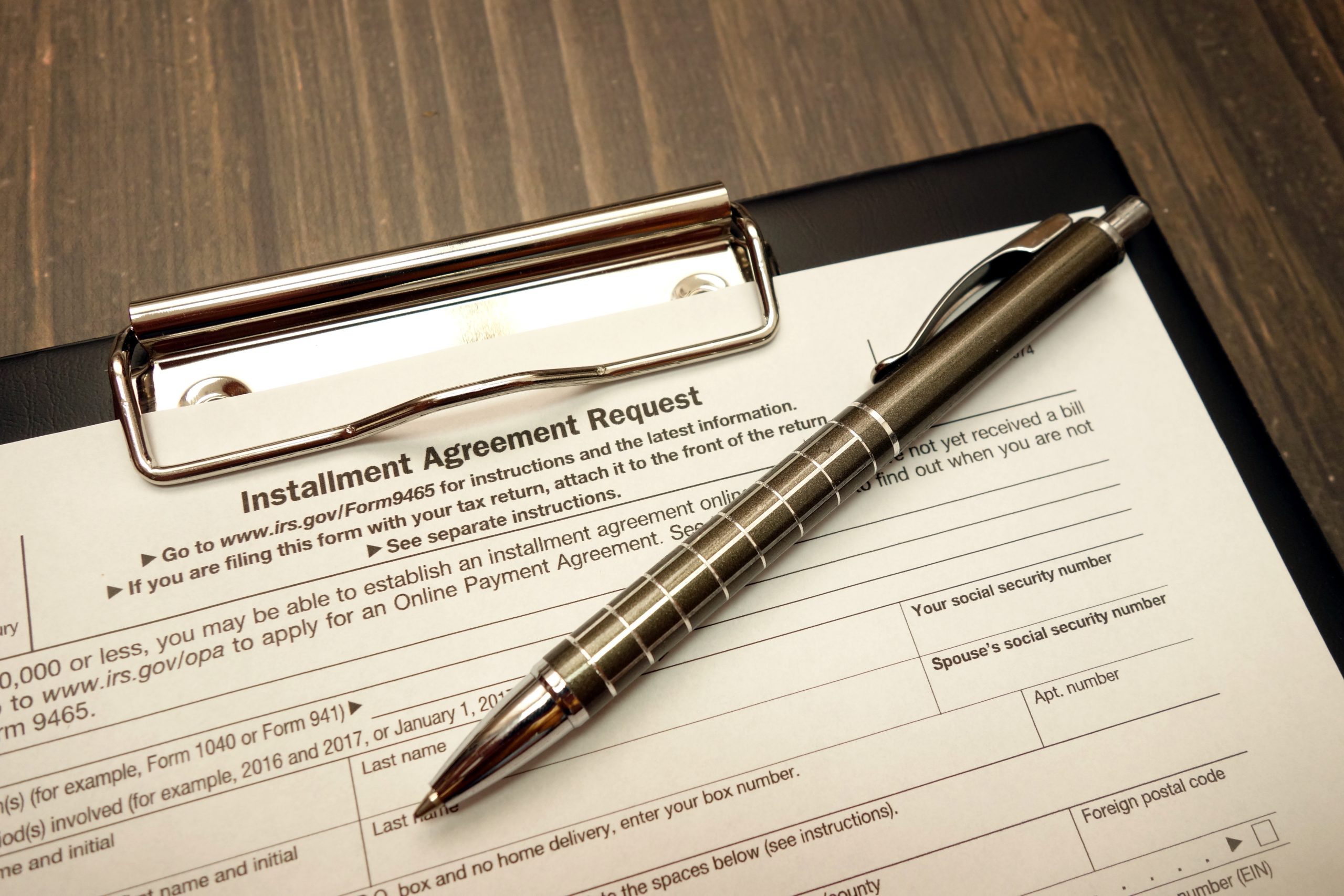
Table of Contents
The Internal Review Service (IRS) offers several debt relief options for taxpayers that are facing difficulty paying outstanding taxes. While available options include OIC (Offer in Compromise) and CNC (Currently Non-Collectible), an Installment Agreement (IA) remains the most widely preferred option. It’s worth remembering that an IA doesn’t actually forgive your debt but allows taxpayers to pay outstanding taxes over a set period of time. For taxpayers with unfiled tax returns, an installment agreement happens to be the easiest option to qualify as compared to other IRS debt forgiveness programs. We recommend that you consult with a Dallas tax lawyer to know your eligibility. Before you go ahead and seek unfiled tax help, let us discuss the different aspects of IRS IA and whether a taxpayer can have 2 Installment Agreements at the same time.
Related Blog Post: Important Tax Debt Relief Strategies to Consider
Details about Installment Agreements
Taxpayers applying for this particular program for filing unfiled tax returns can set up payment plans that can last up to 72 months (six years). If you have already enrolled in an installment payment plan for your existing tax bill, it’s likely that you agreed to a few terms and conditions. One of those conditions was that you would need to stay current with all your future tax payments. In case you fail to file future taxes, your Installment Agreement for past taxes would default. This means that the IRS would expect taxpayers to immediately pay both their past debt as well as their new debt. Consider reaching out to a Dallas tax lawyer for IRS tax relief.
What are the possibilities of securing 2 installment agreements?
Long answer short: No, taxpayers cannot have multiple installment agreements with the IRS at the same time for the same type of liability. You could have 2 installment agreements if you owe for personal and business liabilities. However, that doesn’t necessarily mean that you would be in a grave problem in case you accrue new tax debt. There might be a way to change your current IRS payment plan terms, but that’s not always guaranteed. If taxpayers end up having a new tax debt while already being enrolled in an IA, it’s recommended that they don’t avoid paying their taxes! The IRS would not allow taxpayers to apply for a new IA. In that case, consulting an IRS attorney in Dallas, Texas, can help you learn the various options you have when it comes to changing your IRS payment plan terms to settle IRS tax debt.
Related Blog Post: Answering Top 5 Frequently Asked Questions about Unfiled Tax Returns
Don’t Let IRS Tax Problems Keep You Up at Night
Speak with an experienced tax attorney and take the first step toward peace of mind.
Do you qualify for IA with your new debt?
Here are the requirements you must fulfill to ensure that you qualify for an IRS Installment Agreement with your new debt:
- Short-Term Individual Payment Plan: You must owe less than $100,000 in terms of tax, penalties, and interest, combined. Also, all your returns must be filed.
- Long-Term Individual Payment Plan: You must owe a combined amount of $50,000 or less in tax, penalties, and interest. All your returns must be filed.
- Long-Term Business Payment Plan: You must owe a combined amount of $25,000 or less tax, penalties, and interest with all of your previous returns being filed.
You must get in touch with the IRS to reapply for a modified installment agreement that includes your new debt into the balance of your existing payment plan. Remember that you must apply for it even before your taxes are due. Just in case your new balance is too large to handle in monthly installments, a Dallas IRS attorney can help you to switch to a new type of loan forgiveness program based on your total updated debt. However, for any of these instances to happen, you must file all your tax returns before opting for a modification to your IA terms.
Final word
Having unfiled tax returns can lead to overwhelming circumstances for taxpayers. That is why it’s recommended that you hire a Dallas tax lawyer with proven expertise in the field. That is where the Law Offices of Nick Nemeth can help. Over the years, we have helped thousands of taxpayers find their way out of all sorts of IRS tax-related problems. Contact us today for a completely confidential no-obligation consultation. Call (972) 426-2553 or fill out our contact form and we’ll get back to you as soon as possible.


